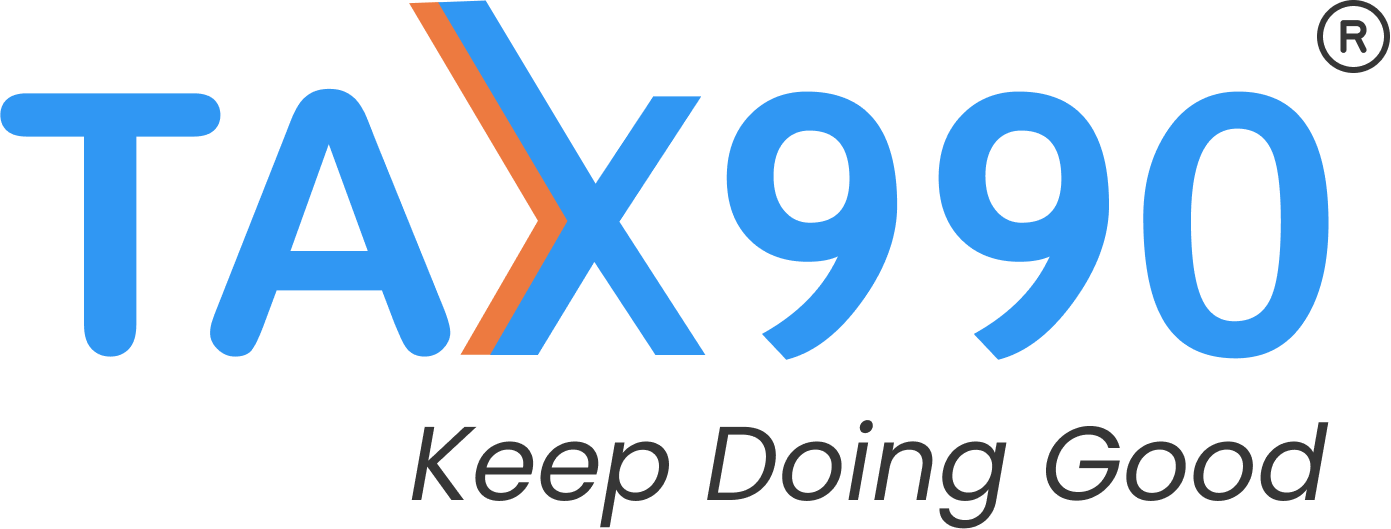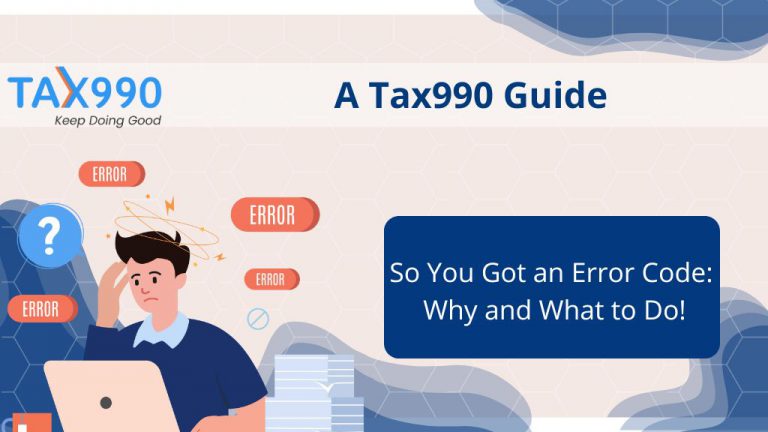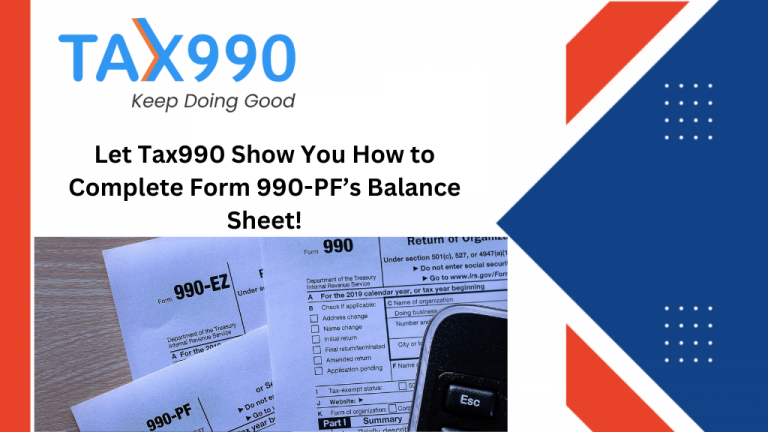Estimated reading time: 13 minute(s)

An organization having tax-exempt status means that the net profits of the organization are exempt from federal taxes. While certain states allow state-level exemption, this status is primarily granted by the IRS.
If your organization is new, you may not have obtained tax-exempt status yet and will need to do so. This blog will give you some information to do just that!
Benefits Beyond Exemption
Beyond the fact that your organization will be tax exempt, there are a number of ways your organization can benefit from this status–such as:
- Having access to grants exclusive to tax-exempt organizations
- Possibly avoiding state and local sales/property taxes
- US Postal Service discounts
- The ability to classify donations as tax-deductible
And most importantly–you’ll gain credibility in the eyes of donors and the community!
Before You Apply
Before you can go about actually applying for tax-exempt status, there are a few things you’ll need to take care of.
First things first–you’ll need to determine if your organization is a(n):
- Trust: A relationship in which one person holds the title to property and can keep or use the property for the benefit of a cause. Trusts are formed under state law. In order to qualify as a trust, its organizing documents must contain certain language.
- Corporation: Generally formed under state law by filing articles of incorporation with the state. Its charter or articles of incorporation must also contain certain language.
- Association: A group formed for a specific purpose. To qualify, the association must have a written document showing its creation, and it must also contain certain language.
Afterwards, you’ll also need to determine what your organization’s exempt purpose is–this can be a charitable, social welfare, agricultural, or other type of tax-exempt purpose.
Applying for Tax-Exempt Status
- Nonprofit organizations seeking tax-exempt status will need to apply under IRC Section 501(c)(3) using a Form 1023-Series application.
- 501(c)(3) is the most commonly-sought exempt status, as it includes charitable, educational, and religious organizations.
- When applying for tax-exempt status, organizations must also provide supporting documents such as articles, bylaws, and financial reports.
- Nonprofit organizations must make their approved application for recognition of exemption (along with their last three annual information returns) available for public inspection.
- To file, you’ll also need an EIN number.
- If your organization does not have one, you’ll need to file Form SS-4
- You can also apply online.
- You’ll need to include your organization’s organizing documents in your tax-exempt status application.
- If your organization has not existed for at least 3 years, you’ll also need to include financial statements for the current year and proposed budgets for the next two years.
- If it has existed for longer than three years, you’ll need to include financial statements for the previous two years.
- You must also attach Form 8718–User Fee for Exempt Organization Determination Letter Request–along with the appropriate user fee.
Your Organization is Tax Exempt–Make Sure to Stay Compliant!
While organizations that have obtained tax-exemption may not be required to pay federal income tax, they’re still required to report certain information about their financial details and activities to the IRS annually. This is done by filing a Series 990 Form–based on the organization’s gross receipts/assets, they’ll file the appropriate form:
- Form 990-N – Filed by organizations with gross receipts of $50,000 or less.
- Form 990-EZ – Filed by organizations with gross receipts less than $200,000 and assets less than $500,000.
- Form 990 – Filed by organizations with gross receipts of $200,000 or more (or) assets of $500,000 or more.
Additional Filing Requirements
|
Let Tax990 Simplify Form 990 E-Filing for Your Cooperative Service Organization!
Tax 990, the leading IRS-authorized e-file provider, removes all the hassle involved in preparing and filing your 990 form with features like:
- SOC-2 Certification: Tax990 is a SOC-2 Certified Provider, ensuring the complete protection of your organization’s sensitive information.
- Free Schedules: All required (applicable) 990 schedules are automatically included based on the data entered–for free!
- Bulk Upload Templates: Easily upload bulk contributions and grant details with custom Excel templates.
- Multi-User Access: Allow multiple staff members access to assist with form preparation and filing.
- Live Customer Support: Our staff of experts is available to instantly resolve any issues via live chat, phone, and email.



